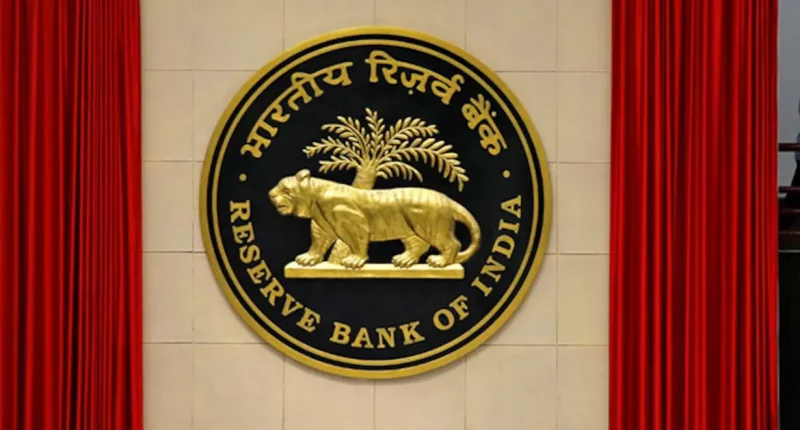The Reserve Bank of India (RBI) has recently introduced new set of rules for trading in government securities (G-Secs).
Investors are directed to use the price/ yield range setting facility provided on the e-Kuber platform in an effort to eliminate fat finger or big figure errors by the bidders.
The price/ yield range setting is a facility that allows a bidder to define a range, that is maximum and a minimum value for bids. An individual can set in the range, either on price or yield terms, for each government security. This range can be set before, as well as can also be modified during every auction. After the limits are set by the participating entity, auction bids will be validated automatically against the set limits.
A fat-finger trade or syndrome relates to human error while punching an order. This includes keying in a wrong value in terms of price, quantity or selecting the wrong execution action, which could be related to purchase or sale. In short, it relates to accidently placing online orders for more than what was intended to buy or sell.
In the securities market, the price of the securities is proportional to the demand and supply. In case a fat finger error occurs, it tends to influence the price-quality of securities determined by the markets and the regular price discovery process.
On the other hand, the term big-figure relates to the first two-three digits of a foreign exchange price or rate. It is part of the money value before the decimal point. For example, when the price is quoted as Rs 102.35, the portion other than decimals (102) is called the big figure.

Rajiv is an independent editorial consultant for the last decade. Prior to this, he worked as a full-time journalist associated with various prominent print media houses. In his spare time, he loves to paint on canvas.





